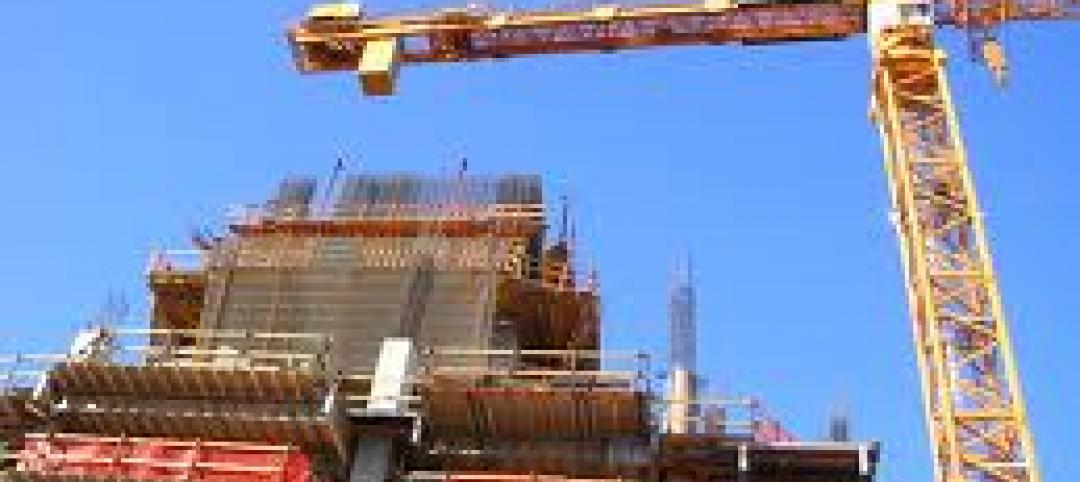The International Code Council is looking into potential code changes to accommodate taller cross-laminated timber (CLT) structures.
Most building codes limit a CLT structure's height. CLT is being promoted by the timber industry and gaining interest among architects and engineers. The material could provide an economic boost to some struggling communities that have been impacted by a decline in the domestic timber industry.
CLT has also been touted by some as helping to reduce the carbon footprint of urban construction through the use of a renewable building material. Trees as small as 5 inches in diameter at the top, and those damaged by pests and wildfire, can be used in the inner layers of CLT products.
Researchers are still investigating how CLT buildings withstand fire and earthquakes in high-seismic regions. Building codes in some areas including Oregon allow designs using new technology like CLT in some cases, but only after rigorous testing and an intensive approval process.
Related Stories
| May 10, 2012
Chapter 6 Energy Codes + Reconstructed Buildings: 2012 and Beyond
Our experts analyze the next generation of energy and green building codes and how they impact reconstruction.
| May 10, 2012
Resilience should be considered a sustainability factor
Since a sustainable building is one you don't have to rebuild, some building sustainability experts believe adding points for "resilience" to storms and earthquakes to the LEED sustainability rating tool makes sense.
| May 10, 2012
University of Michigan research project pushes envelope on green design
A research project underway at the University of Michigan will test the potential of intelligent building envelopes that are capable of monitoring weather, daylight, and occupant use to manage heating, cooling, and lighting.
| May 10, 2012
Fire suppression agents go greener
Environmental sensitivity is helping to drive adoption of new fire suppression agents.
| May 10, 2012
Industry groups urge Congress to leave contracting decisions to agencies
An organization of several industry groups urged Congress to leave many contracting decisions to the discretion of individual agencies by avoiding blanket mandates.
| May 10, 2012
OSHA proposes new rule to have employers find and fix hazards
The Occupational Safety and Health Administration has proposed a new regulation, Injury and Illness Prevention Program, or I2P2, which would compel employers to find and fix safety hazards.
| May 3, 2012
Stay current on green codes at AGC Environmental Conference
Keep abreast of market trends such as 2012 changes to green standards and codes at the AGC Contractors Environmental Conference, June 7-8, 2012 in Arlington, Va.
| May 3, 2012
OSHA reduces fines in Cincinnati casino collapse
The Occupational Safety and Health Administration has reduced the number of violations from four to two against four firms it cited earlier this month in the collapse of a casino under construction in Cincinnati.
| May 3, 2012
New York City implements controversial crane licensing requirements
New York City officials announced strict new licensing and testing requirements for all crane operators in New York City to raise safety standards.
















